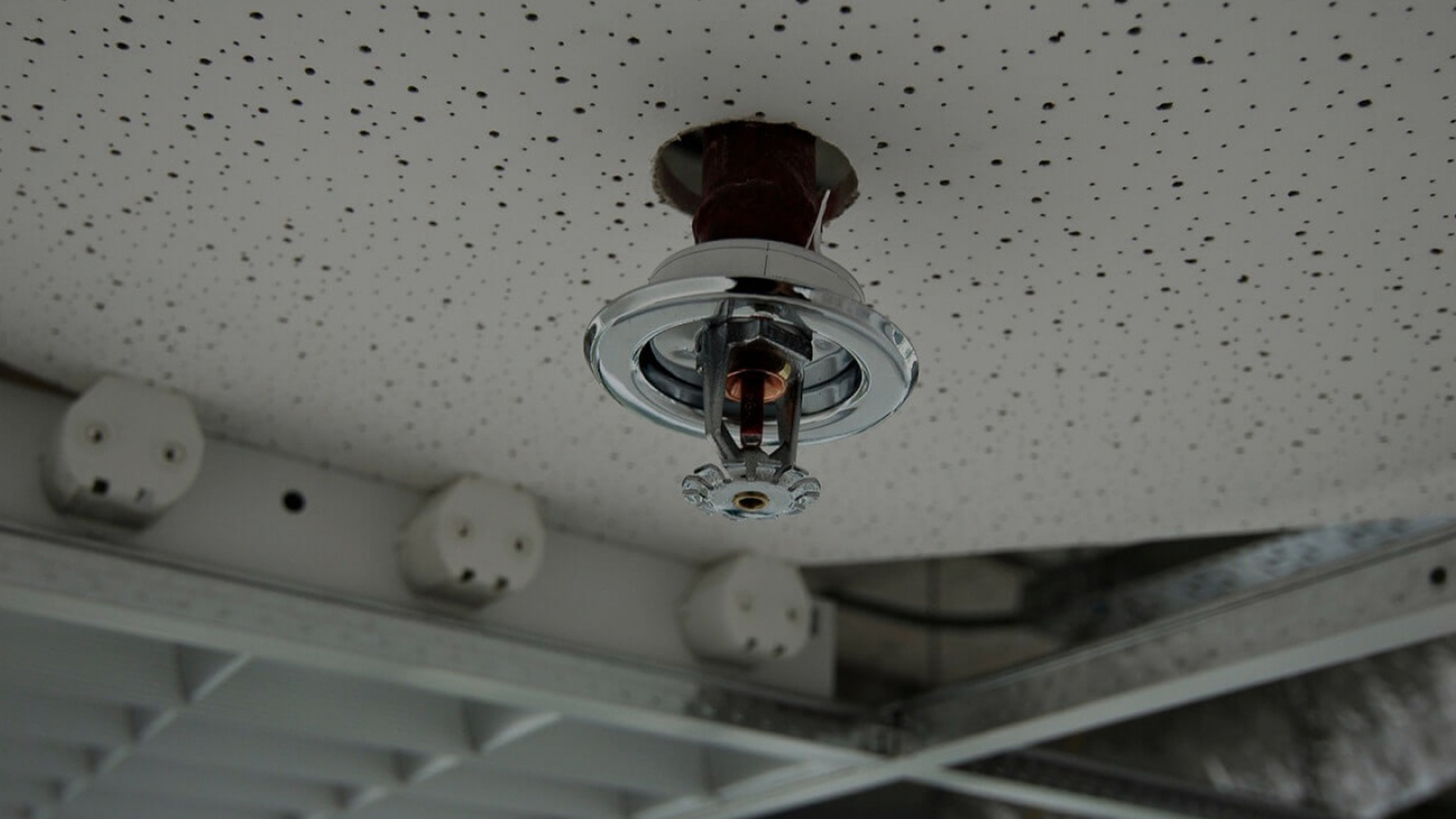Proper maintenance, testing, and compliance are essential aspects of keeping a sprinkler system reliable and effective.
Ensuring the proper maintenance, testing, and compliance with codes and regulations are essential aspects of keeping a sprinkler system reliable and effective in the event of a fire. Here are some key points to consider:
REGULAR INSPECTIONS
Regular inspections should be conducted by qualified professionals to ensure that all components of the sprinkler system are in good working condition. This includes checking pipes, valves, sprinkler heads, and any control systems.
TESTING
Regular testing of the sprinkler system is crucial to verify that it will function as intended in the event of a fire. This may involve flow tests, alarm tests, and full-scale system tests to ensure proper operation.
COMPLIANCE WITH CODES & STANDARDS
Building codes and fire safety standards outline specific requirements for the design, installation, and maintenance of sprinkler systems. It’s essential to stay up-to-date with these codes and ensure that the sprinkler system meets all relevant requirements.
Project Fire Commissioned a white paper gathering data on the most common failures when it comes to sprinkler system operation. The study found that the top three causes when a sprinkler system is ineffective are closed valves, poor maintenance and systems not being designed correctly.
Prioritizing these aspects of maintenance, testing, and compliance, building owners can ensure that their sprinkler systems are ready to effectively respond to any fire emergency.
DOCUMENTATION
Proper documentation of inspections, testing, and maintenance activities is essential for demonstrating compliance with codes and standards. This documentation can also be valuable in the event of an insurance claim or legal dispute.
REMEDIAL WORKS
Any issues identified during inspections or testing should be promptly addressed through repairs or upgrades to ensure the continued reliability of the sprinkler system.
TRAINING & EDUCATION
Building owners and occupants should be educated about the proper use and maintenance of the sprinkler system. This includes knowing how to operate any control panels or valves and understanding the importance of not obstructing sprinkler heads.
Project Fire provide several industry training courses as part of the Project Fire Academy.
EMERGENCY PLANNING
While the sprinkler system is a critical component of fire protection, it’s also essential to have comprehensive emergency plans in place, including evacuation procedures and coordination with local fire departments.
